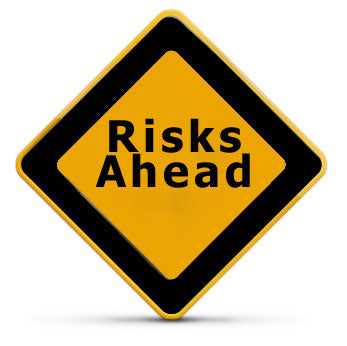Safety and Preparedness
I admit it freely; I am a proud preparedness and safety geek. Whether it is taking a class from the American Red Cross, working with my local Citizen Emergency Response Team (CERT), or preparing my family for the next big earthquake to hit the Pacific NW, I am there. As a Boy Scout, the motto, “Be Prepared!” is one that I took seriously then, and still do today.
What a lot of people fail to realize is that 9/10 of safety is being prepared. Prepared to eat, drink, shelter, and live on your own or with loved ones for days, weeks, or months. Safety goes hand-in-hand with preparedness.
When you drive your car, you put on a safety belt. When you go outside to trim the bushes with your brand new power-saw, you put on safety goggles and safety gloves. When you work on a construction site, you wear a safety hat. All of these things are safety preparedness. Preparing for things you hope will never happen, but sometimes do. You don’t expect to get into an accident, poke out your eye, or have a 2X4 hit you in the head, but accidents happen.
Accidents, natural disasters, and life are inevitable, preparedness isn’t. Preparedness is taking the step to ensure that when these things happen, you are ready to meet them head-on, without fear, and with the knowledge that you can survive them. Preparedness can eliminate the unknown, which causes people to panic, and creates a stressful environment. Preparedness is being responsible to your family, so you can continue to support one another during a difficult time. Preparedness brings the peace of mind that you took time to mitigate risks that occur without warning. Preparedness lets you feel comfortable in the power that you and your family will not be dependent on a government, non-profit, or neighborhood group that might be too overwhelmed, or incapable of handling the disaster unfolding.
Up in the Pacific NW where I live, there are floods, landslides, earthquakes, and fires. These are the kind of accidents people usually think about last, but need to be prepared for the most. They usually occur without warning and affect a wide-area. Recent events in Chile, Japan, and New Zealand have shown that the Pacific NW needs to be prepared for a major earthquake, probably within my lifetime. Having a one-stop resource like Emergency Essentials to prepare makes the task that much easier. Do yourself and your family a favor, and like the Boy Scouts, “Be Prepared!”
--Stephen, OR


1 comment
millenniumfly
I would also include additional day-to-day safety topics such as fire safety, home security, and for those who have young children, other safety concerns such as poisoning, drowning, and so on. You might even throw in self defense topics too.